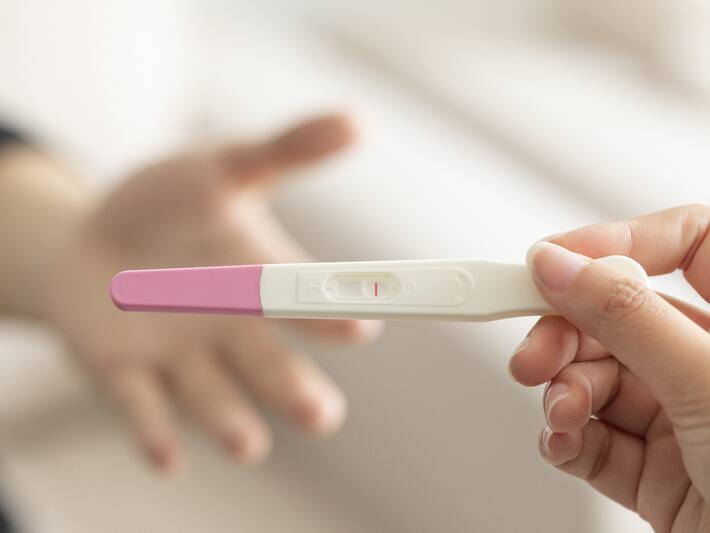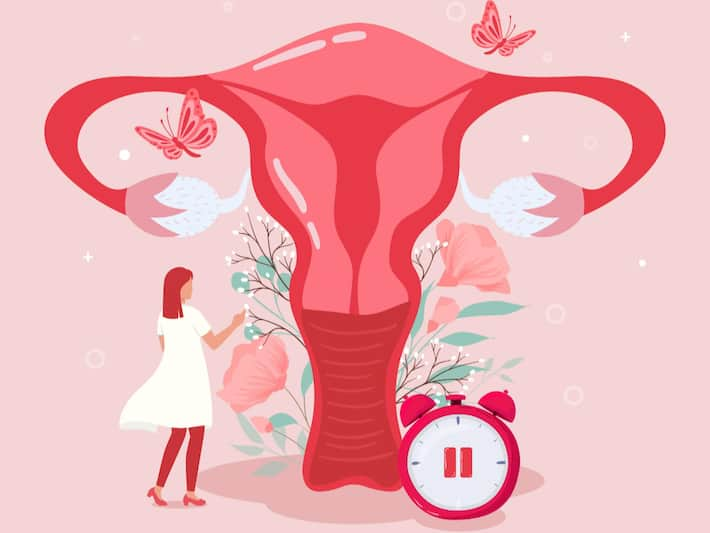Infertility has been on the rise in young people for a while now. Dr Manika Khanna addresses some of the common causes leading to an increase in cases of infertility in couples.

What Is Infertility?
Infertility is described as the inability to conceive (get pregnant) after one year (or more) of unprotected intercourse. Some doctors analyse and treat women aged 35 and older after 6 months of unprotected intercourse because fertility in women is known to drop with age. However, women are the only ones that can experience the problem, infertility is common among men as well.

Increasing Infertility Problems In Both Men And Women
After a year of trying, infertility is defined as the inability to conceive. Infertility in women can be caused by endometriosis, uterine fibroids, and thyroid issues. Infertility in men can be caused by a low sperm count or testosterone levels. As you become older, your chances of being infertile increase. Dr. Manika Khanna, Founder, CEO & Chairperson in Gaudium IVF explains all the causes that increase the chances of infertility in men.

Several Factors Play A Role
Infertility is more common than most people realise, and it can be caused by a number of factors. Some of these are linked to societal changes. A few decades ago, most women had their first kid around the age of 21. That age has risen to around 26 or 27 years old. Many couples put off establishing a family in order to complete their studies or establish themselves in their careers. People who postpone raising a family may be exposed to more contaminants and sexually transmitted diseases over time. Furthermore, the older a couple becomes, the more likely they are to have health problems and seek care.

Common Causes That Lead To Infertility In Young People
Although age is a factor, the fact that “peak fertility” does not usually occur until a woman is in her early 30s does not explain why women in their 20s have trouble getting pregnant. The most prevalent causes of infertility in this age range include ovarian dysfunction, polycystic ovarian syndrome, tubal illness, and factors in men such as low sperm counts or poor motility.

Polycystic Ovarian Syndrome/Disorder(PCOS/PCOD)
The hormonal disease is indicated by infrequent or lengthy periods, as well as high amounts of male hormone (androgen). Weight loss and period-regularizing medications, such as birth control pills, progestin therapy, or fertility treatments like Clomid, are all part of the treatment.

Dysfunctioning Ovaries
This means a woman either does not ovulate properly (release an egg) every month or does not ovulate at all. Ovulation problems are the most prevalent cause of female infertility, and they can easily be addressed with medications and medication. Dysfunctioning Ovaries This means a woman either does not ovulate properly (release an egg) every month or does not ovulate at all. Ovulation problems are the most prevalent cause of female infertility, and they can easily be addressed with medications and medication.

Male Factors
Male factors may account for a third of all fertility difficulties, since low sperm count or quality, a lack of sperm production, testicular abnormalities, and trouble reaching climax are all male-driven causes of infertility. Among the underlying reasons are previous illnesses, infections, physical trauma, ageing, genetic problems, hormone troubles, varicoceles, and lifestyle choices such as smoking and exposure to heat or chemicals.

Unexplained Factors
If all testing for known female or male variables are negative but the couple is still unable to conceive, the explanation is deemed unknown. This accounts for almost a third of all cases of infertility.

Some Ways To Combat Infertility
Lifestyle changes, as well as intrauterine insemination (IUI) or in vitro fertilisation (IVF), may be used to address these problems. IVF involves manually combining recovered eggs and sperm in a laboratory dish before returning them to the uterus. During an IUI cycle, which is less expensive, a woman is given drugs to cause her to ovulate more than one egg to induce pregnancy, sperm is then delivered straight into the uterus.

Conclusion
If you, your partner, or both of you have a fertility problem, don’t be concerned. Infertility affects many people all over the world. Fortunately, there are a number of highly effective reproductive medicines that can help you achieve your family-building goals. Based on your diagnoses, both individually and as a couple, your fertility specialist will recommend the treatment that is most likely to give you a baby at the lowest feasible cost.



